Gastroesophageal Reflux Disease (GERD)
Millions of people suffer from gastroesophageal reflux (heartburn). The condition is caused by food and acid in the stomach rising up into the esophagus (swallowing tube). While occasional heartburn is common, persistent reflux that happens more than twice a week is considered to be gastroesophageal reflux disease and can eventually lead to more serious health problems. Many people can control their GERD with lifestyle changes and medication. You should consider surgery for GERD if symptoms are not well controlled by medication and lifestyle changes, you are concerned about the long term effects of medication, or you want to avoid lifelong need for medication.
For detailed information about gastroesophageal reflux disease please visit: refluxmd.com
Symptoms
- Pain behind the breastbone. Particularly after eating.
- The feeling of food coming back up (regurgitation).
- The feeling of food sticking (dysphagia).
- Cough or worsening asthma.
Diagnosis
Besides an evaluation and physical exam by your doctor, some tests to diagnose GERD may include:
- Upper gastrointestinal endoscopy: The doctor inserts an endoscope (a thin, flexible tube equipped with a light and camera) down your throat and examines your esophagus and stomach.
- X-rays: are taken of your upper digestive tract after you have drunk a chalky liquid that coats and fills the inside lining of your digestive tract and allows your doctor to see a silhouette of the shape and condition of your esophagus, stomach and upper intestine (duodenum).
- pH monitoring examination: measures stomach acid regurgitation into your esophagus with a probe. Types of probe include a thin tube that is inserted into your esophagus or a clip that's placed in your esophagus during an endoscopy. The tube or clip measures the level of acidity in your esophagus for the next 24 to 48 hours as you go about your normal activities. You will be asked to keep a diary of your symptoms and activity over the next 24 hours. The information from the monitor will be compared with the diary notes you provide.
Treatment
Arizona Advanced Surgery offers both incisionless and laparoscopic (small incision) surgical treatments for GERD. Your surgeon will provide the testing and consultation needed to determine the right treatment for your condition.
Transoral Incisionless Fundoplication (TIF)
This new procedure treats the underlying cause of GERD without incisions. The procedure is performed while the patient is asleep, with the aid of an endoscope (a lighted video camera on the end of a flexible tube) that is inserted through the mouth rather than through an abdominal incision. The procedure typically takes less than an hour, and is performed under general anesthesia. During the procedure, the surgeon reconstructs the body's antireflux barrier. Patients are asleep for the procedure and generally stay in the hospital overnight. Most return to work within a few days. Studies have shown that the vast majority of TIF patients experience improved quality of life and remain free of heartburn after the procedure. To learn more about reflux disease and the TIF procedure please visit: gerdhelp.com
TIF Procedure Animation from EndoGastric Solutions on Vimeo.
Surgical Fundoplication
The most common operation for GERD is called laparoscopic Nissen Fundoplication. During this procedure, the surgeon makes five very small incisions into which they insert a small camera and instruments to repair the esophagus. The lower esophageal sphincter is reinforced by wrapping the top of the stomach around the lower esophagus. This prevents acid in the stomach from coming back up into the esophagus. Patients are generally in the hospital for one to two days for this surgery.
Our Surgeons Specializing in Gastroesophageal Reflux Disease (GERD) Surgery

- Allen Agapay, MD
- General Surgeon
- Peoria
- Learn More
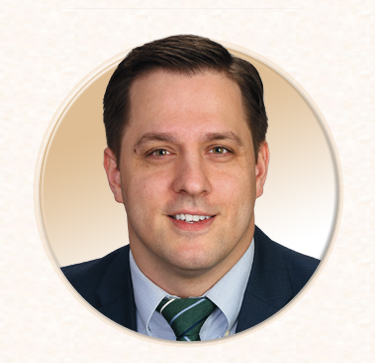
- Nathan Bodily, MD
- General Surgeon
- Gilbert & Mesa
- Learn More
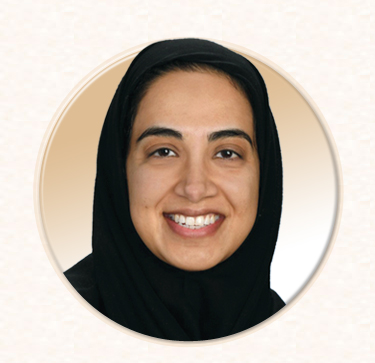
- Ravia Bokhari, MD, FACS
- General Surgeon
- West Phoenix
- Learn More
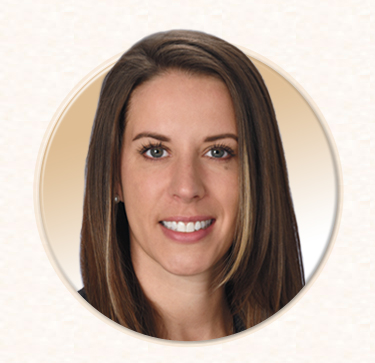
- Maria Brown, MD
- Fellowship Trained Bariatric & Foregut Surgeon
- Mesa
- Learn More

- Charles Castillo, MD, FACS
- General Surgeon
- Central Phoenix
- Learn More
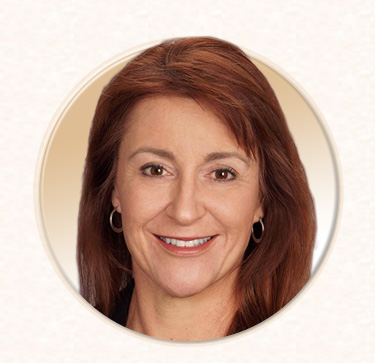
- Susan Cortesi, MD, FACS
- General Surgeon
- Mesa & Scottsdale
- Learn More

- Lawrence Damore II, MD, FACS
- General Surgeon
- Mesa & Gilbert
- Learn More
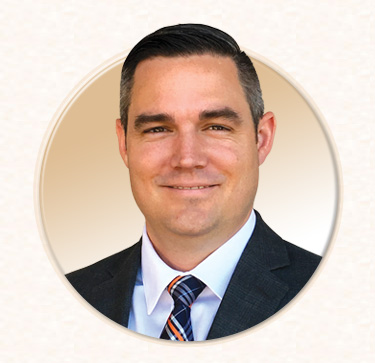
- Jordan Glenn, DO, FACS
- General Surgeon
- Peoria
- Learn More

- Rita Hadley, MD, FACS, PhD
- General & Bariatric Surgeon
- Mesa
- Learn More
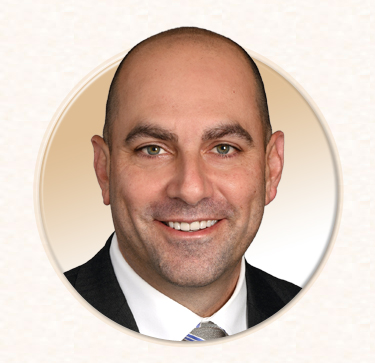
- Theodore Haley, MD, FACS
- General Surgeon
- Gilbert
- Learn More

- Richard Harding, MD, FACS
- General Surgeon
- Central Phoenix
- Learn More
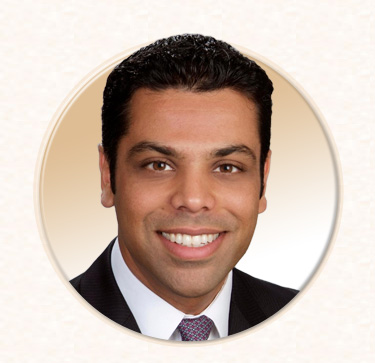
- Sumeet Kadakia, MD, FACS
- General Surgeon
- Gilbert
- Learn More

- Jon King, MD, FACS
- General Surgeon
- West Phoenix
- Learn More

- Daveshni Kumar, MD, FACS
- General Surgeon
- Mesa & Scottsdale
- Learn More
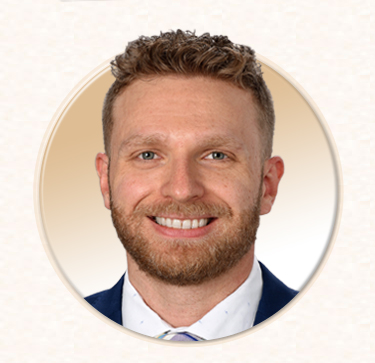
- Matthew Marini, MD, FACS
- General Surgeon
- Gilbert & Mesa
- Learn More

- Kevin Masur, MD, FACS
- General Surgeon
- Mesa & Scottsdale
- Learn More

- Richard Oh, MD, FACS
- General Surgeon
- Gilbert
- Learn More
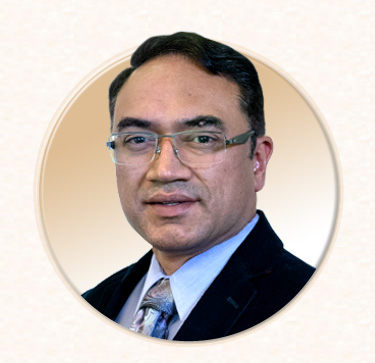
- Karthik Raghavan, MD, FACS
- General Surgeon
- Glendale
- Learn More
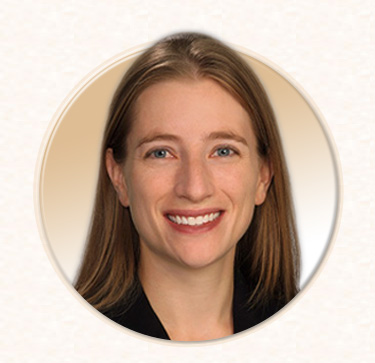
- Jennifer Reitz, MD, FACS
- General Surgeon
- Gilbert
- Learn More
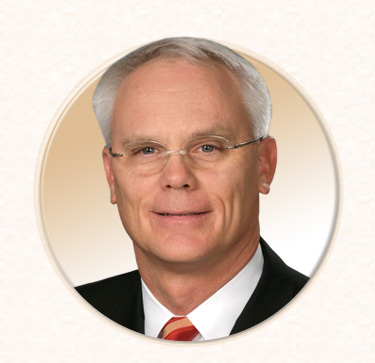
- Greg Rula, MD, FACS
- General Surgeon
- Mesa
- Learn More
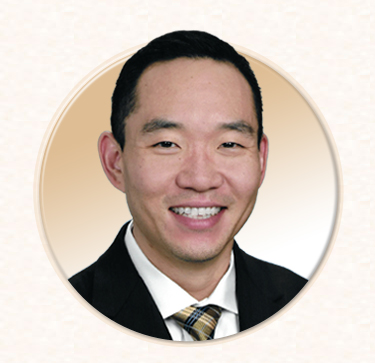
- David Smith, MD, FACS
- General Surgeon
- West Phoenix
- Learn More

